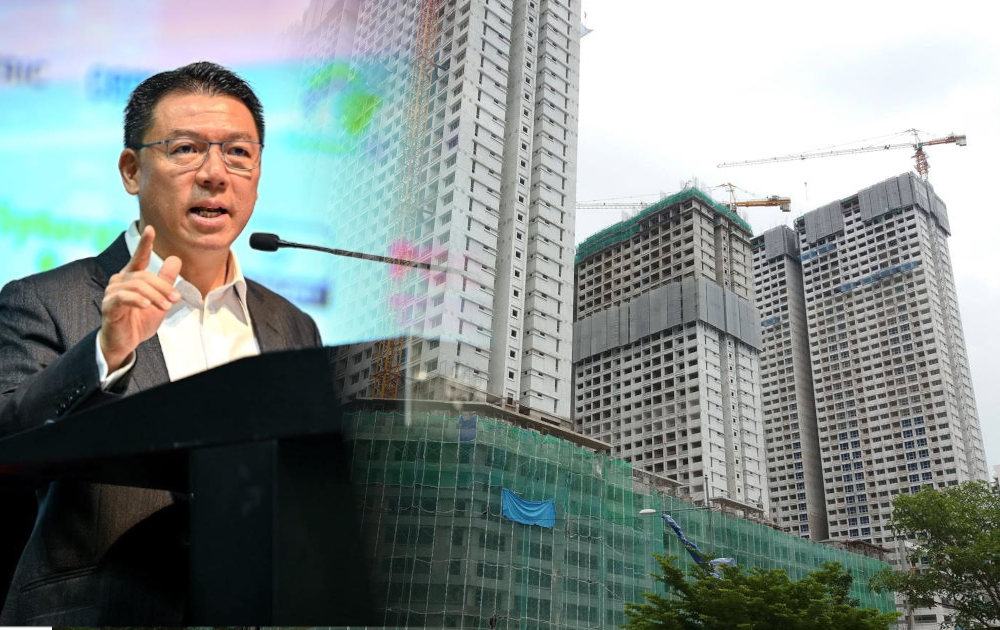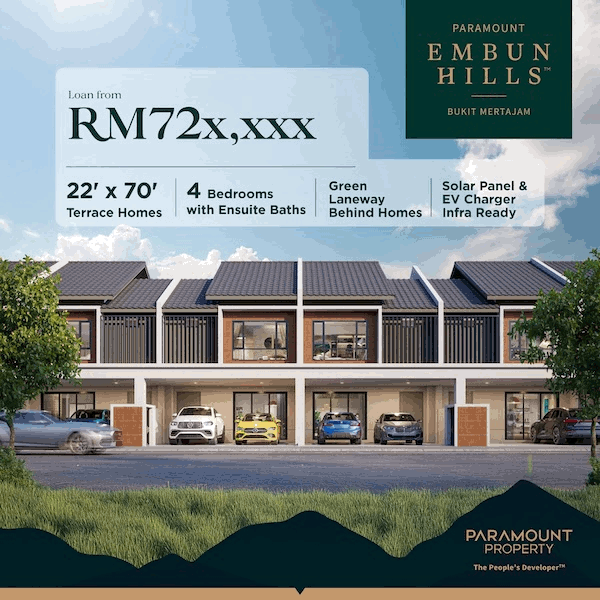Incentives for “Build-Then-Sell” housing model to be announced soon
In a move to strengthen Malaysia’s housing sector, the government will introduce incentives for developers who adopt the “build-then-sell” (BTS) model, Housing and Local Government Minister Nga Kor Ming announced at the Urban Engineering Symposium 2025 (Urbens 2025) last week.
Nga highlighted that the BTS model forms part of broader reforms aimed at eliminating “sick” or abandoned housing projects by 2030. Unlike the current “sell-then-build” (STB) practice, BTS shifts more responsibility to developers, ensuring that buyers only commit after projects are completed and quality can be assessed.
“This not only protects homebuyers’ rights and enhances transparency in real estate transactions but also ensures people have access to more affordable and safer homes,” Nga said. He added that consultations had been held with industry stakeholders, including the Real Estate and Housing Developers Association (Rehda).
The incentives are aligned with the 13th Malaysia Plan (13MP) and reflect the government’s broader commitment to quality, accessible housing. Complementing this is the proposed Urban Renewal Bill, designed to revitalise ageing neighbourhoods and encourage sustainable urban growth.
Nga emphasised that these initiatives also support Malaysia’s pledge to the 2030 Sustainable Development Goals (SDGs) and UN-Habitat’s New Urban Agenda, ensuring that housing and urban planning deliver long-term social and environmental benefits.
Beyond housing, the ministry is preparing wider urban reforms. Among them is a nationwide shift to electric garbage trucks, aimed at reducing carbon emissions while modernising public health services. Waste collection and street cleansing schedules will also be moved to late evening or early morning, both to ease traffic congestion and to allow workers to operate in cooler, safer conditions.
Sustainability will also be reinforced through the promotion of climate-resilient and energy-efficient building practices that meet the Malaysian Green Building Index (GBI) standards.
Nga said these measures, taken together, represent a comprehensive approach to urban transformation—covering construction practices, housing development, environmental management, and community well-being. “This is about creating cities that are not only liveable today, but resilient and sustainable for the generations to come,” he added.
Join our Telegram Channel now to receive instant update on Penang latest projects and property news









Finally a human with brain speaking. This is by far the biggest effort the government can do and can actually do for citizen.